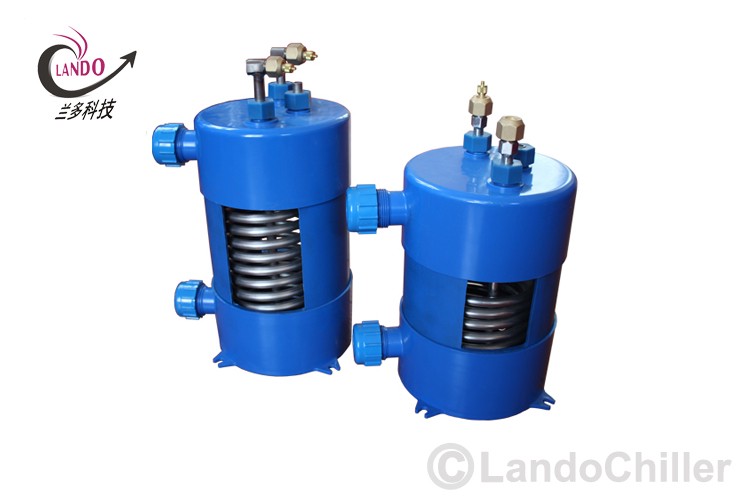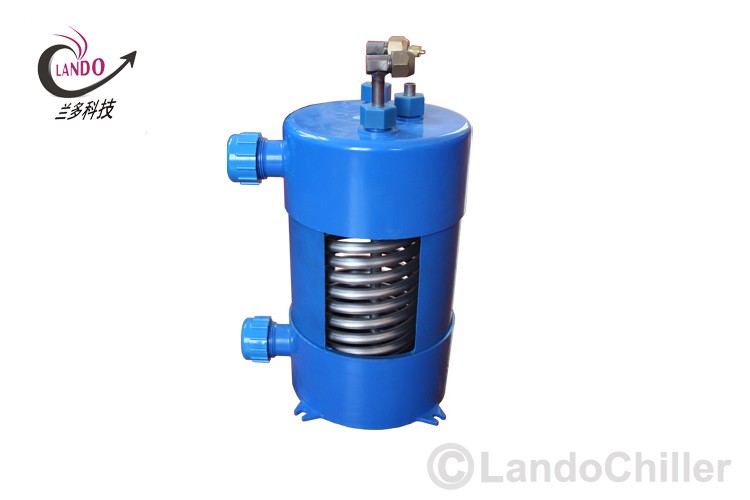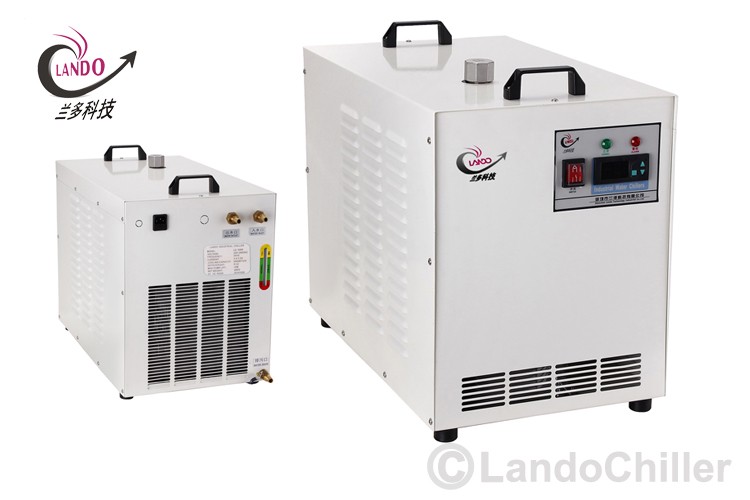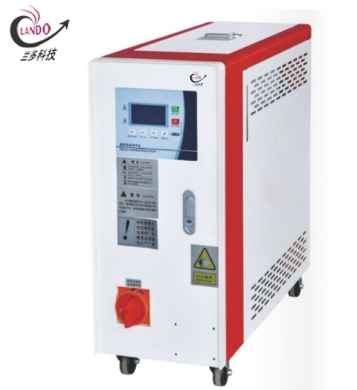Factory Wholesale Dairy Milk / Brewery / Food Cooling Industrial Chiller Air Cooled Water Chiller Machine
Product description
The chiller unit can also be classified based on factors such as the type of compressor, type of refrigerant, refrigeration capacity, and control method. For example, according to the type of compressor, chillers can be divided into piston type, screw type, centrifugal type, etc; According to the type of refrigerant, it can be divided into ammonia refrigeration units, Freon refrigeration units, etc.

The core components of a chiller unit include a compressor, condenser, evaporator, and throttling device. The compressor is responsible for compressing the refrigerant into high-temperature and high-pressure gas, while the condenser cools the high-temperature and high-pressure gas into high-pressure liquid through cooling water or air, releasing heat into the environment. Subsequently, the high-pressure liquid is depressurized through a throttling device and enters the evaporator, where it absorbs heat and evaporates, thereby reducing the temperature of the cooling water. Finally, the low-temperature and low-pressure refrigerant vapor is sucked in again by the compressor, starting a new cycle.

A chiller, also known as a chiller or refrigeration unit, is a refrigeration equipment that can provide low-temperature cooling water. It absorbs heat from the cooled object and discharges it into the environment through the circulation of refrigerant, thereby achieving the goal of reducing water temperature. Chillers are widely used in various fields such as industrial production, commercial buildings, data centers, medical facilities, food processing, refrigeration and air conditioning, and scientific research experiments.
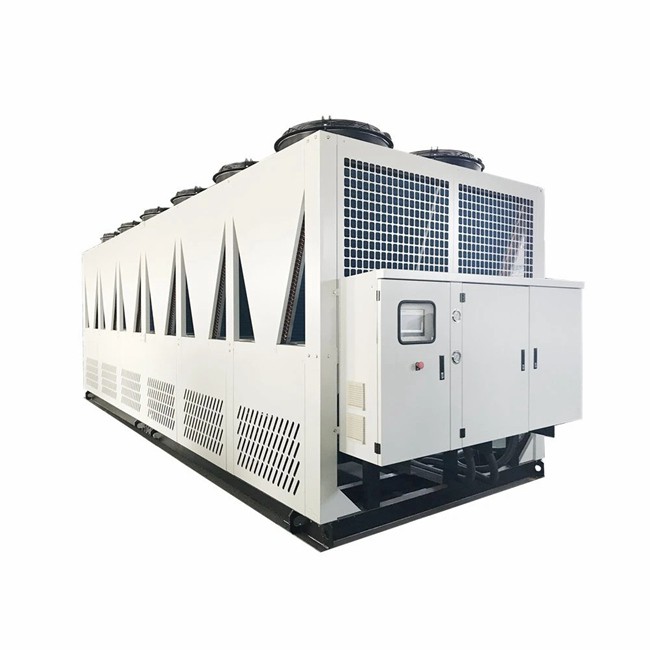
Environmental protection and energy conservation are important directions for the future development of chillers, and adopting more efficient and environmentally friendly refrigeration technologies will become mainstream. To meet the diverse industrial production needs, the chiller will adopt modular design to achieve rapid combination and replacement of different functions and specifications, while providing customized services. The application of digital technology and intelligent algorithms will optimize the design and manufacturing process of chillers, improve performance and quality, and reduce production costs and cycles.
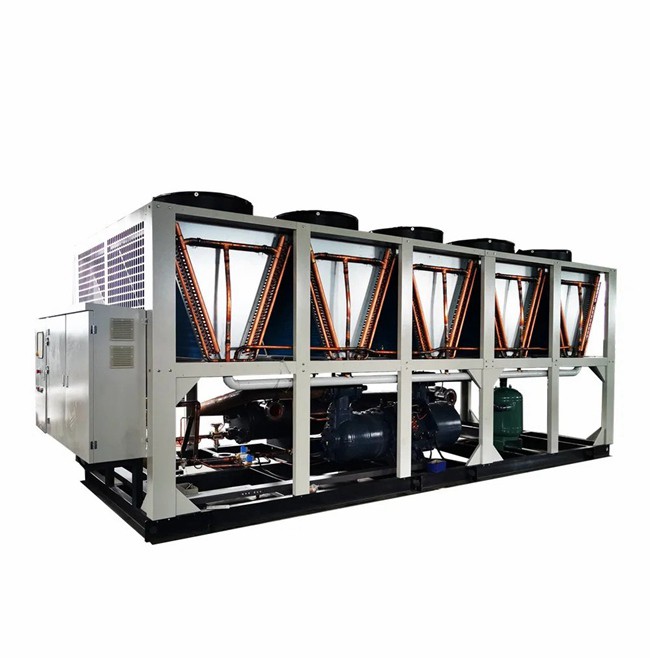
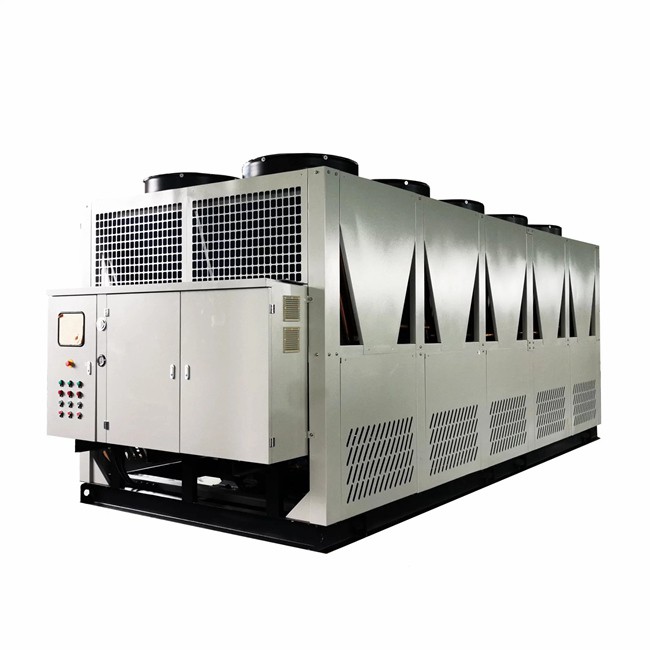
Recommended products



